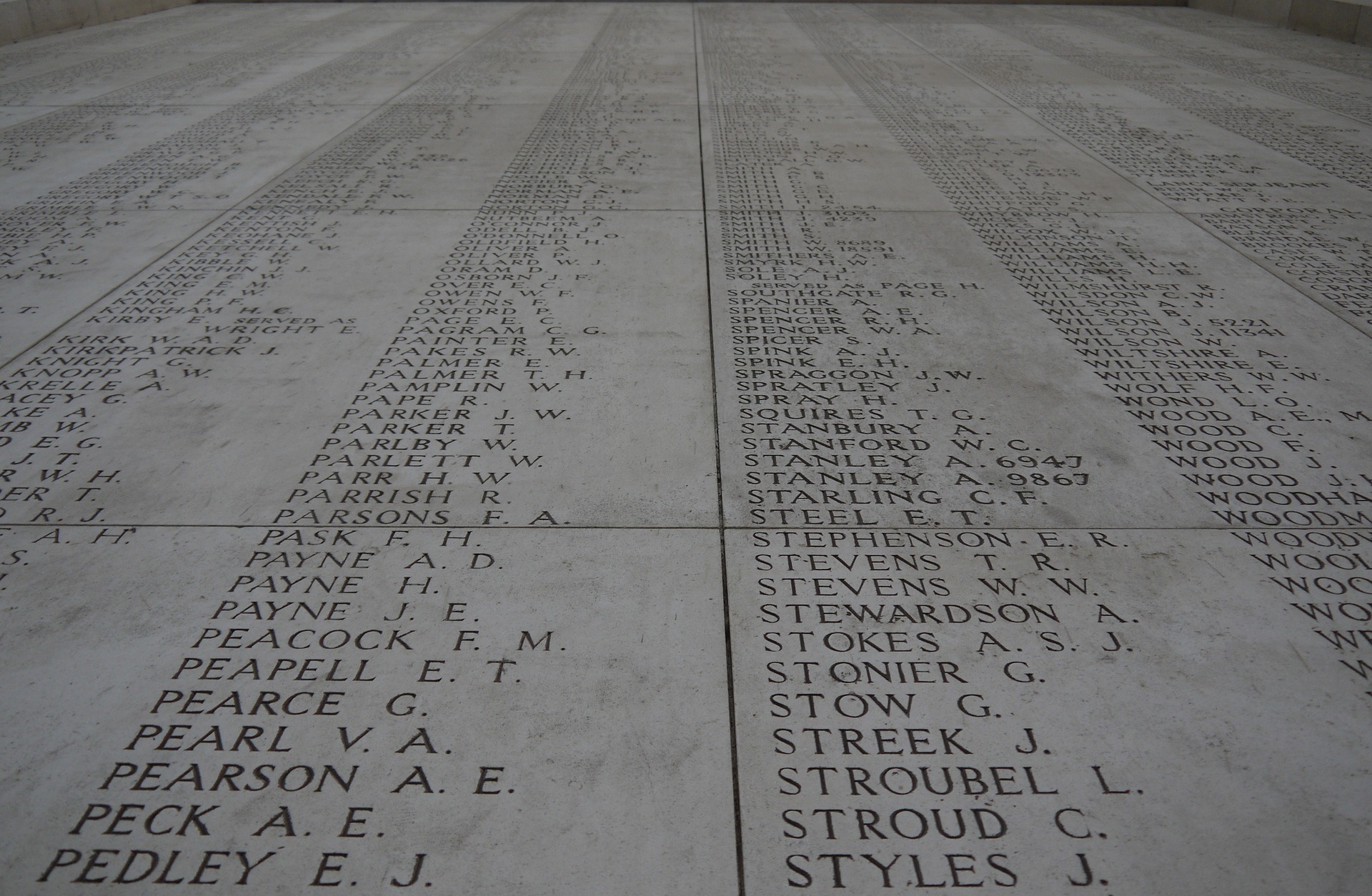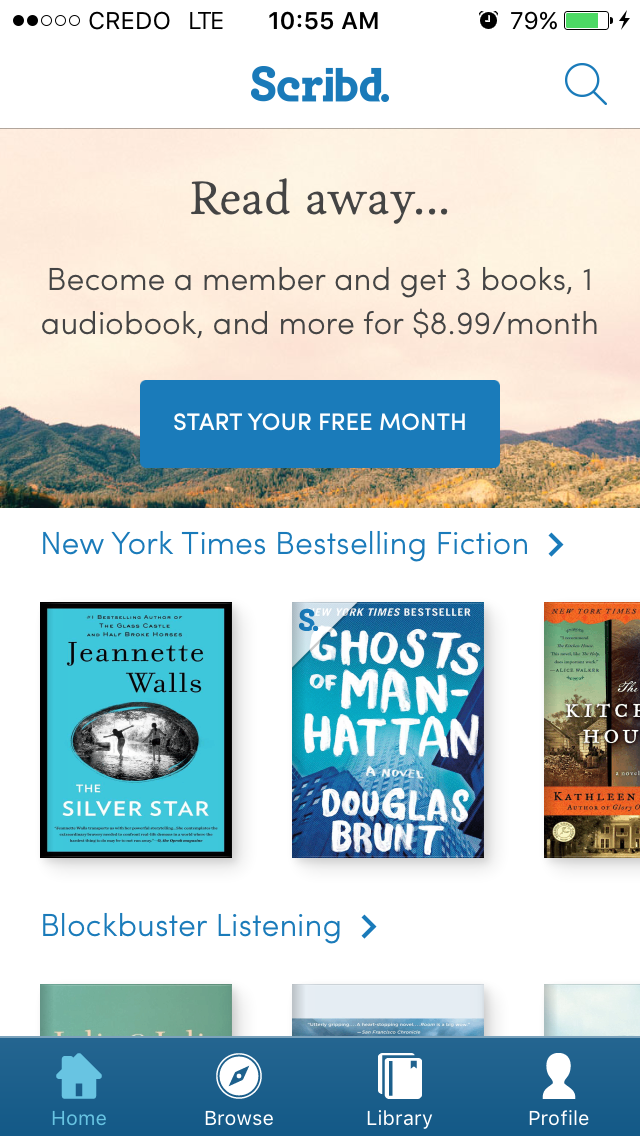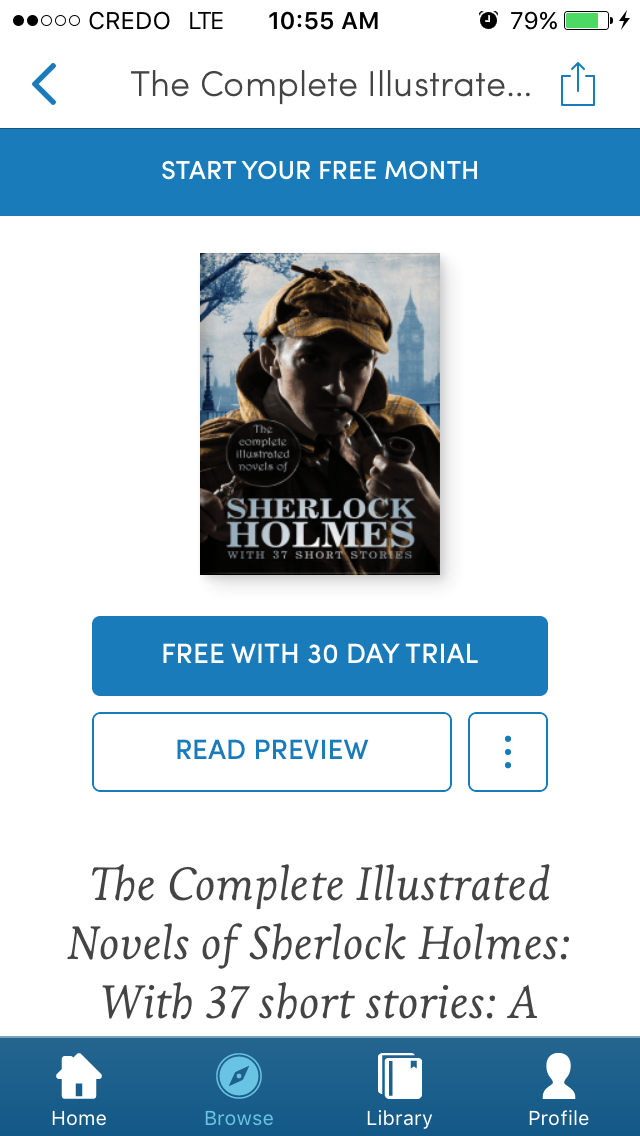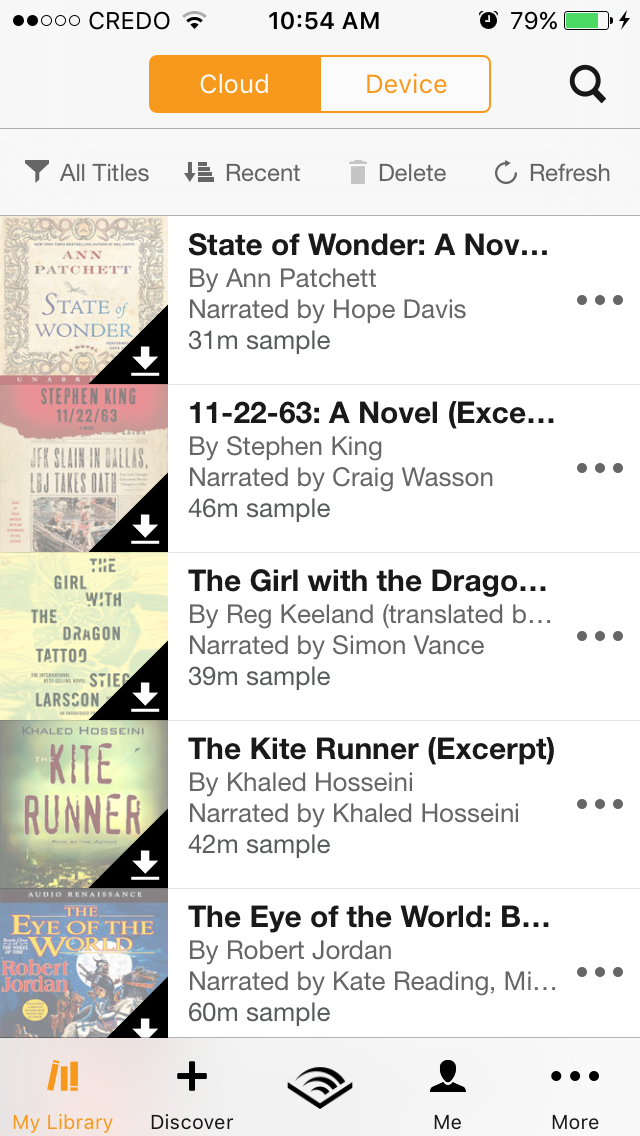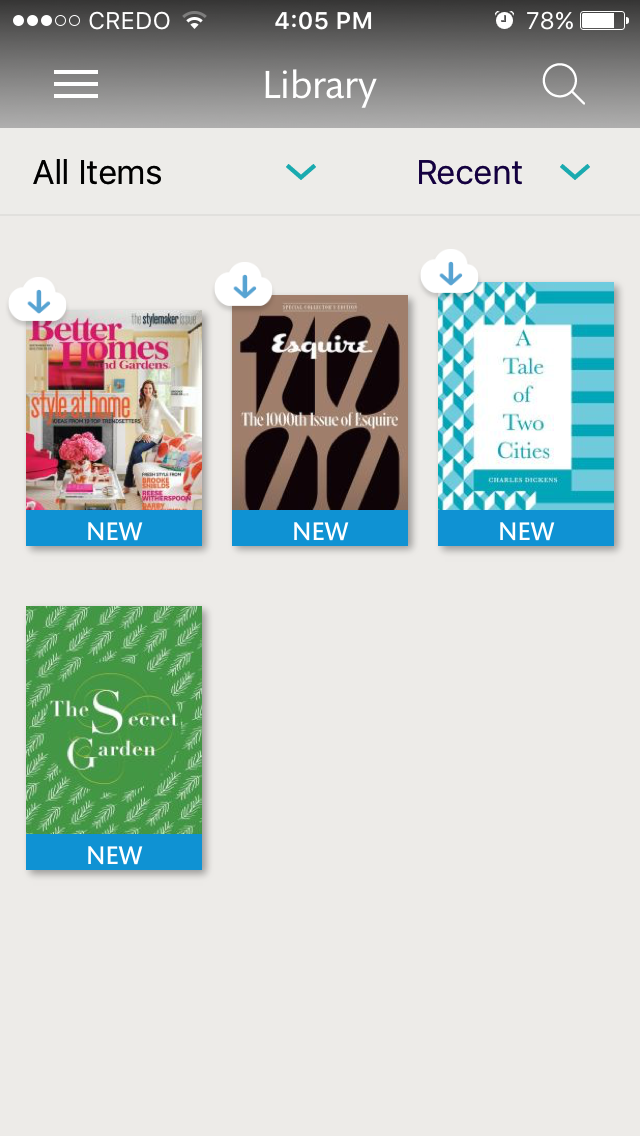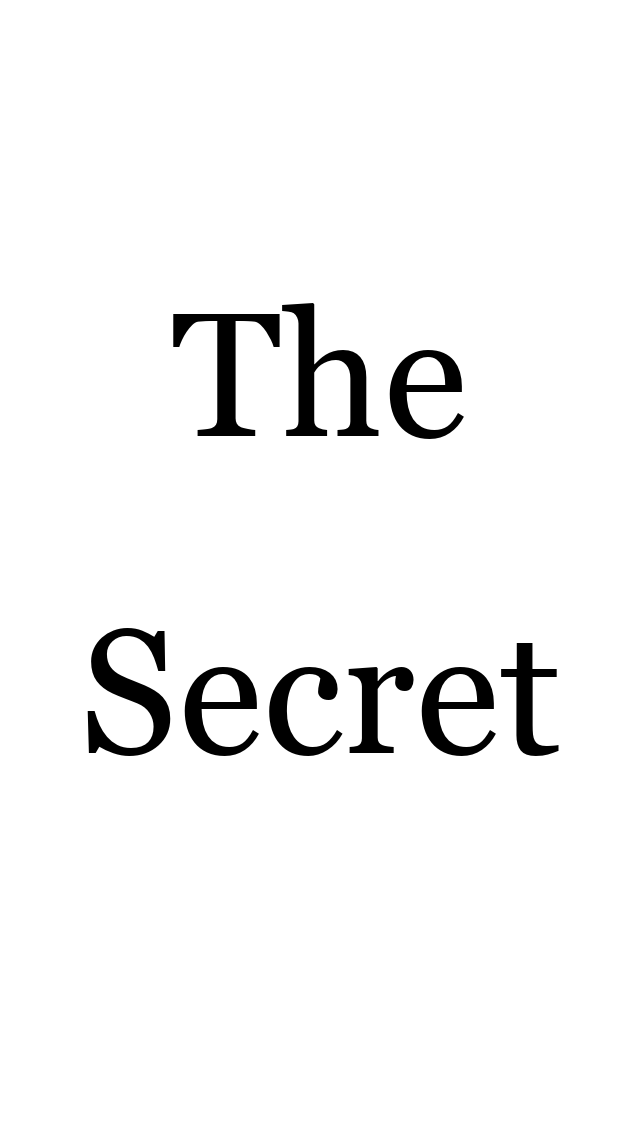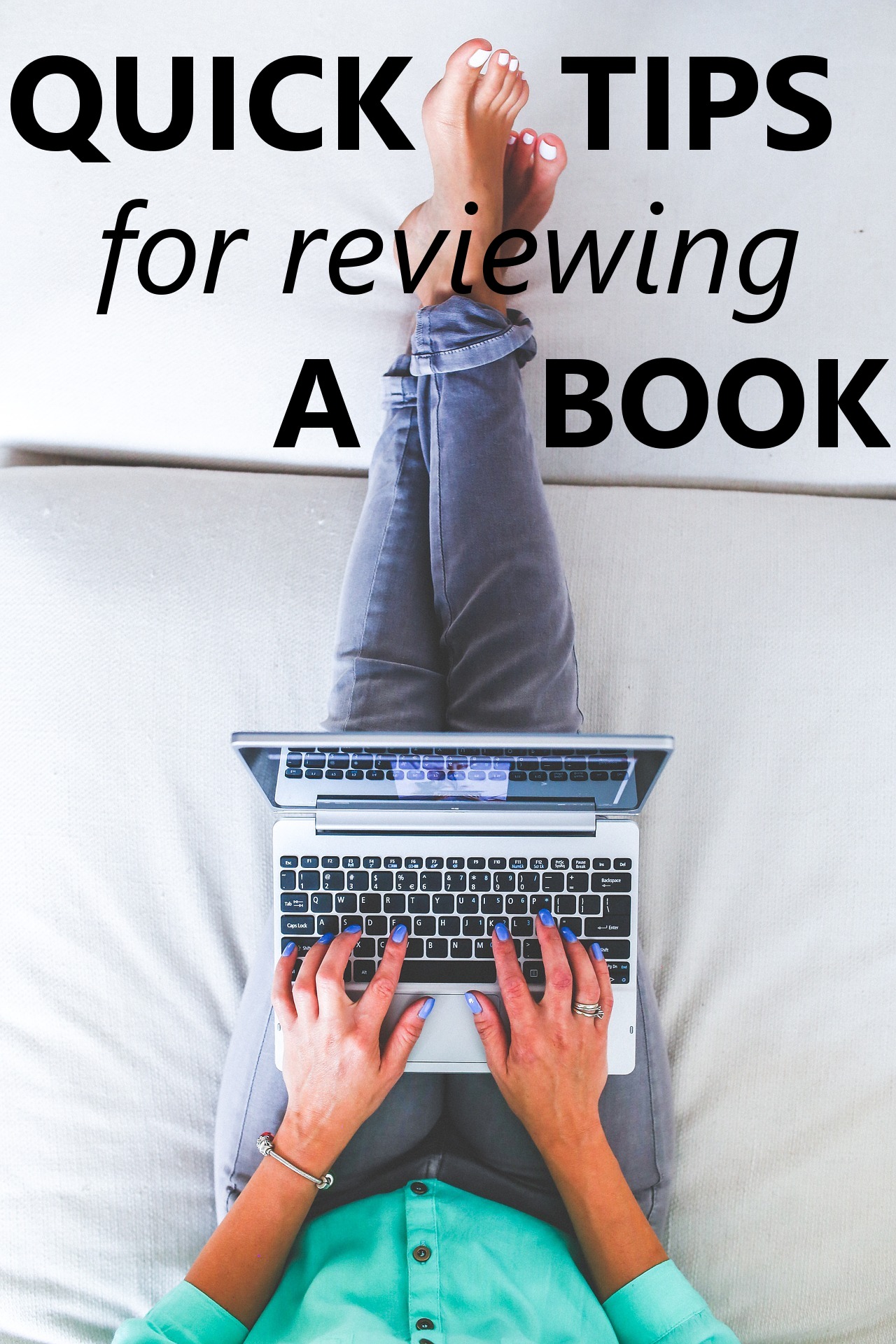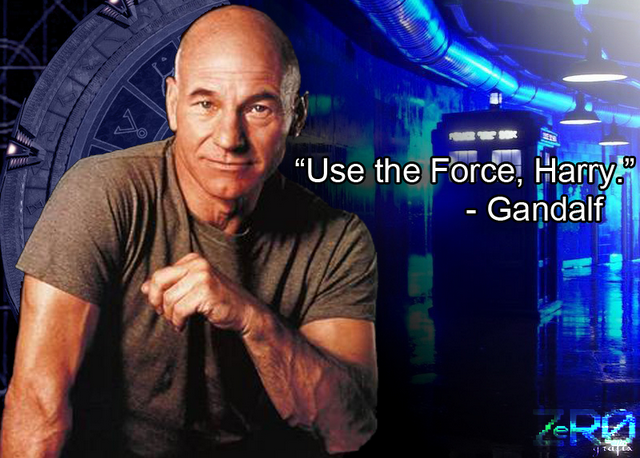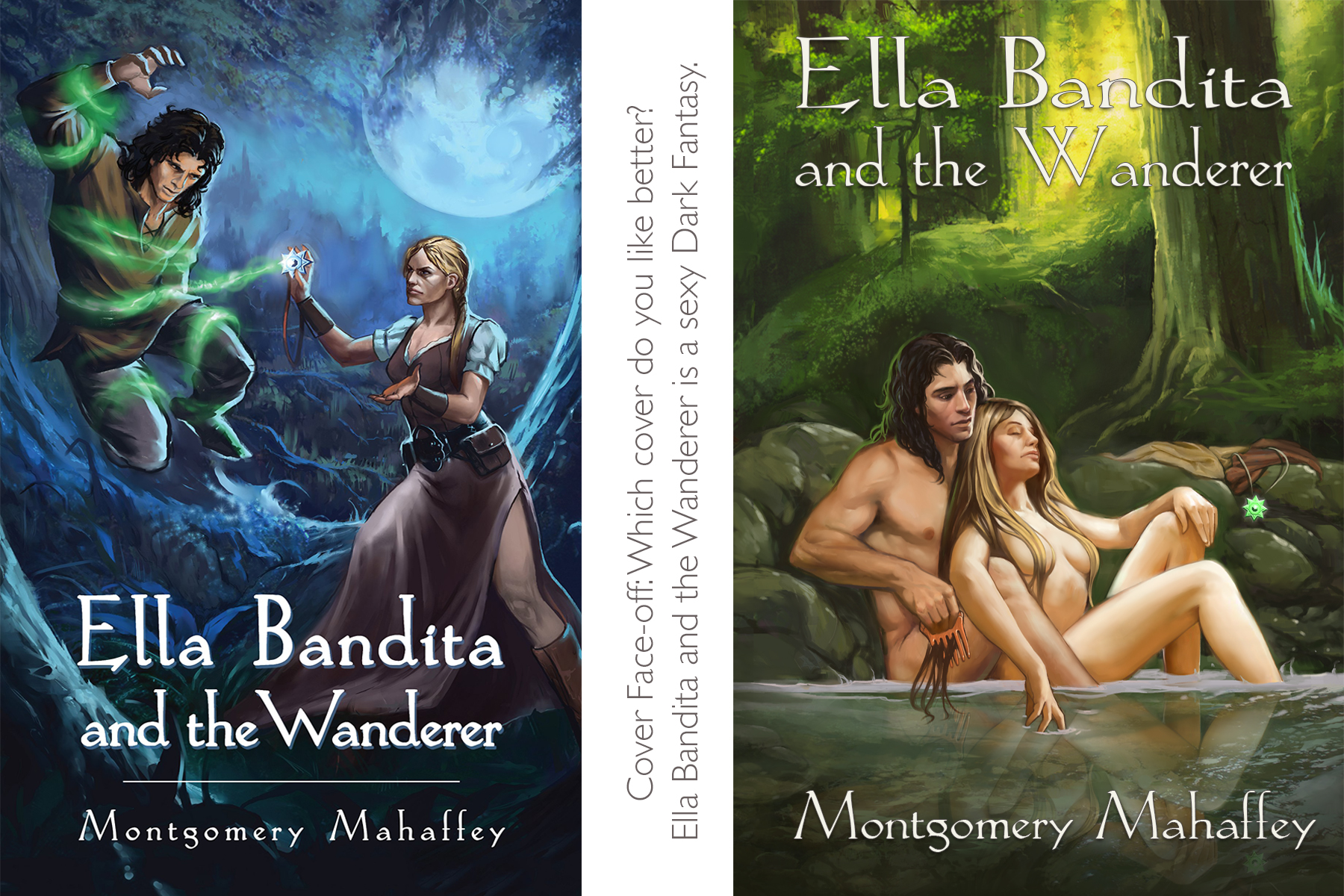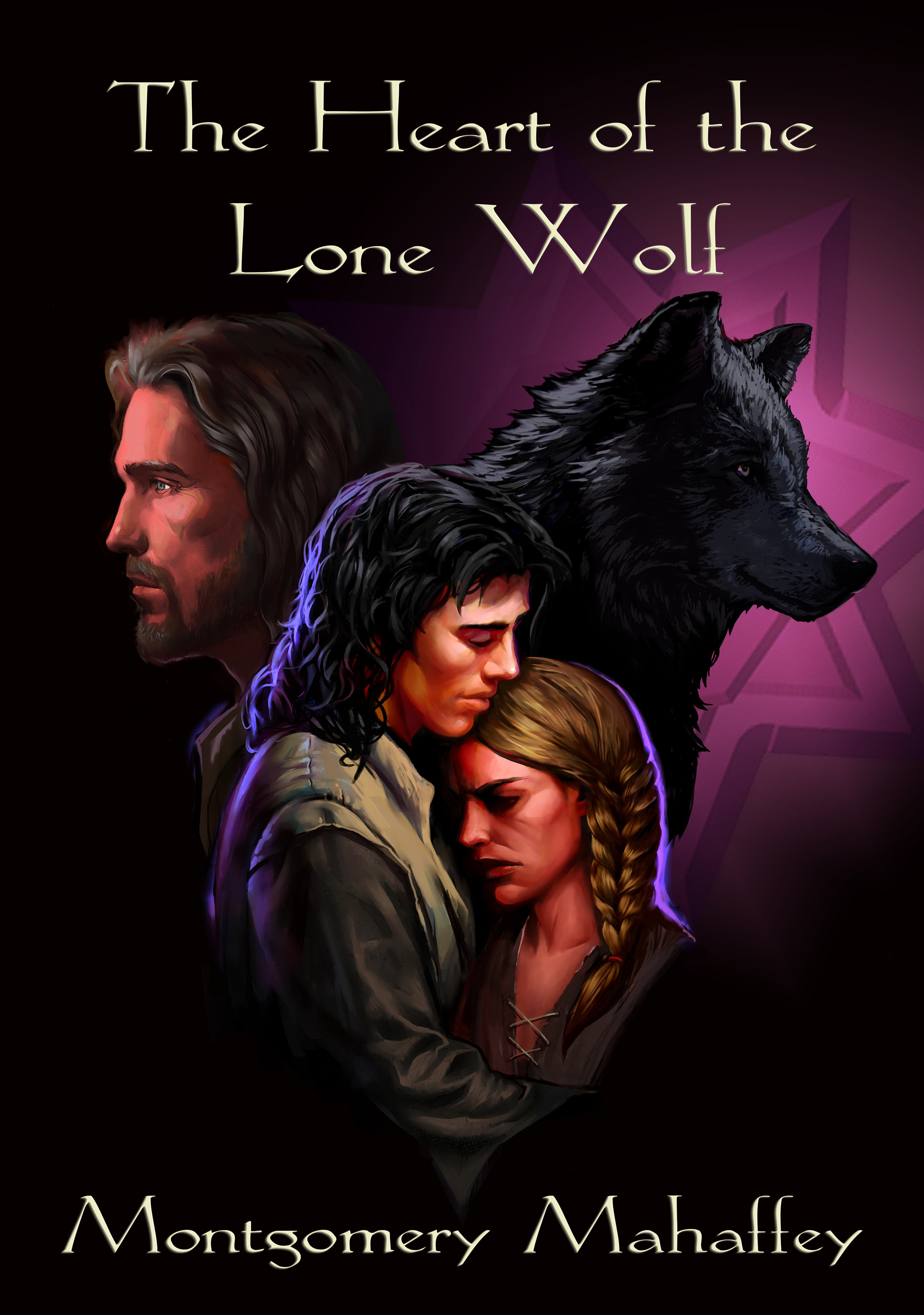How to Start Your Own Book Group
/Book Groups are a fun way to not only read much more, but also to get more out of the books you read. In a book group, you get to discuss the book with your friends, share your opinion and hear other ideas you hadn't considered before.
- As you may have guessed, the first step to any functional book group is to have members. Optimally, I would suggest that you have at least three people. This is because only two people would be just you and your friend trading book recommendations, which is certainly pleasant and fun to do, but doesn't quite qualify as a book group.
Ask around your group of friends. It shouldn't be too hard to find members since most people wish that they read more. Make sure to tell them the benefits of joining your book club, like how it will be a great way for them to get more reading time in, and they don't have to go through the process of trying to decide what book to read because one will be chosen for them. Also, being in a book group give just the right amount of pressure to actually read and finish the book, while when you read on your own time, it can be hard to motivate yourself to read if you're busy. And then when it's their turn in your book group, they get to choose a book to share with everyone else, which is always fun.
- Once you have your members, set up the meeting time and place.
I suggest that you contact all of your members individually and find out what days and times they are available. Write it all down, and then you should be able to come up with a day and time that works for everyone. If everyone is busy on different days and it's hard to pick a specific day, it’s okay to rotate days as long as you find a consistent schedule that you can all agree on. The location will also depend on everyone’s schedules, but some common spots are in a library, cafe, or in the homes of the members. If you're able to, you can host every meeting at your house, or rotate to have the meeting at the home of whoever offers or whose turn it is. Your members may offer suggestions of where to meet also, but in general try to find a spot that is easy for everyone to get to, and if possible close to everyone's home so now has to commute a long way to get to the meeting.
- You first meeting: planning and setting things up
Now that you have everyone in one place, it's time to discuss some important questions about your book group:
-How much time will you have you have to read a book? Commonly, book groups will meet once a month just to give everyone enough time to finish the book, but you can adjust the length of time base on the length on the book or how busy everyone's lives are.
-Find out what types of books everyone likes to read, and what they don’t. If several people dislike scary horror stories, then maybe than genre can be ruled out. But even if everyone likes a different genre, you don’t have to struggle to find a common genre of interest. Part of the fun of a book group is reading a book you’ve never considered before.
-Consider ways to make the book group fun, by making it a pot luc or going out to dinner before the book group and ten reconvening at someone's home after. I know of one book group that decided that whoever got to choose that month's book would bring snacks for everyone. This seemed fair and worked for them, but you can also rotate snacks and other duties.
-The last step is to exchange contact information with everyone. Make sure you have at least one way to contact each member- I recommend getting their main phone number and email dress just so you can contact them about changes in the meeting time or place, and so people can get in touch if they can't make it to a meeting.
- Now it's time for you and your book group to start reading!
It's customary for whomever starts the book group to choose the first book. All you need to do is give each member the book's title and the authors name. Even if you choose your favorite book that you've read over and over, it might still be a good idea for you to re-read it along with everyone else.
-While you read, annotate and take notes as you read so you can keep track of all your thoughts and have then ready when its time to discuss. If you own the book, you can write your notes in the margins, or dog-ear the pages. If it’s a library copy or not yours, then you can use sticky notes and/or write your notes on a separate piece of paper (which can double as a book mark!)
-Even when your turn isn't coming up, you can still be on the look out for the next book you want the book group to read. I recommend having a list of potential books
-Just because someone has read your book of choice before doesn't mean you have to skip it! It does depend on how they feel about re-reading the book again, but usually most people don't mind a re-read, especially if other members of the group haven't read it yet. If you and/or another person has already read the book, challenge yourself to think of at least one question
- Now that you've finished the book, it's time for your group's first real meeting
-In a single meeting, book groups typically discuss what everyone thought of the book, addressing any questions or concerns and having a fun discussion about it. If the book you read has a movie adaptation, and you and your friends have enough time, consider watching the movie during the meeting as well. Then at the end of the meeting, the next book will be announced, as well as the next meeting's time and place.
- Discussion:
-Don’t be afraid of discussion- its okay if not everyone likes the book, often times the best discussions arise when people have different opinions. Just remember to be respectful and keep the discussion civil.
-You can also start a discussion by each of you rating the book (secretly so people won’t feel obligated to change their score) maybe a grading system of A+, or a 1/10 or simply a thumbs up/down.
-some books have questions for discussion in the back, but since most of them don’t, you can look up some questions and/or read reviews others have left online. While you read them, discuss with your friends whether or not you agree with that person's review, and potential biases they might have.
-After your turn is over and the group has met and discussed your book, then decide who's turn it will be to choose a book next. In the beginning, just go with whoever volunteers or has a book ready. Then, once everyone has had their turn, begin the cycle all over again.
Thank you for reading and good luck with your book group!





